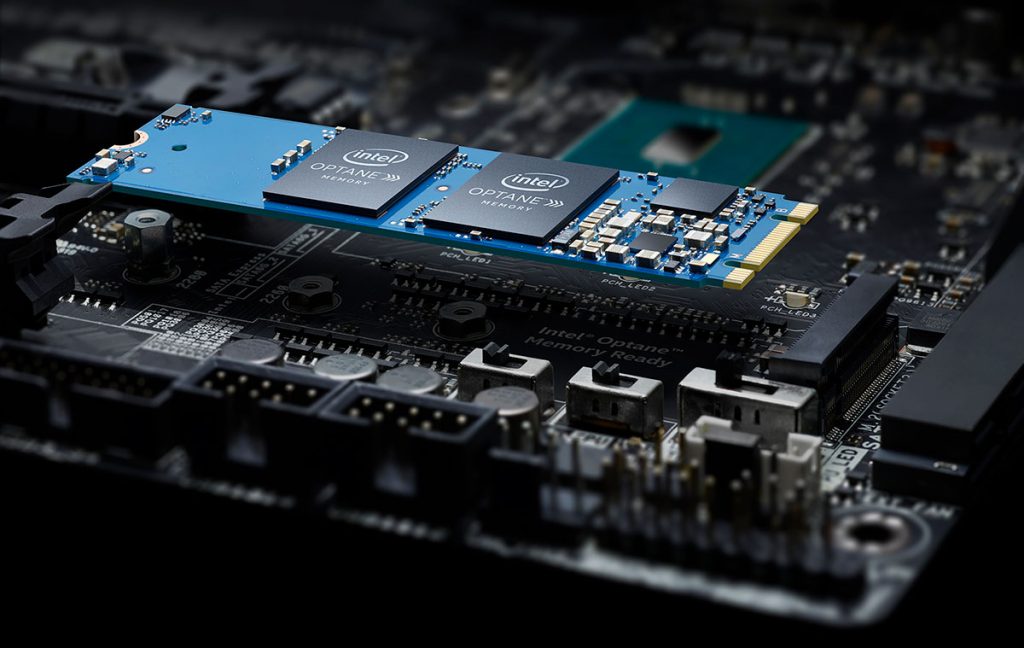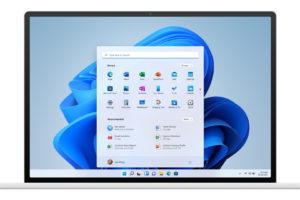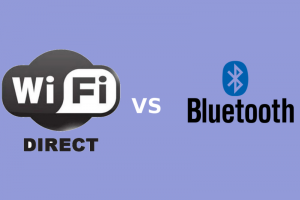Intel Optane Memory has been pitted against just about anything under the sun. Queries abound as to which would be faster: Intel Optane vs Hybrid Drives, Intel Optane vs SSD, Intel Optane vs RAM and so on and so forth. At this rate, I wouldn’t be surprised in the least if Intel Optane Memory is pitted against Formula 1 racing cars.
Cutting to the chase, comparing Intel Optane Memory to RAM is like comparing mangoes to oranges. Sure they are both succulent, and yes, they do have a similar hue when ripe, but that’s just about where the family resemblance ends. We need to first understand what Intel Optane is what it isn’t and how this difference from RAM dictates which is indeed faster. Let me Explain:
What is Intel Optane Memory?
We have covered what Intel Optane Memory is in an earlier segment, but a little recap doesn’t hurt. Intel Optane is a superfast memory based on 3D XPoint and Intel Rapid Storage Technology (Intel RST) developed by Intel and Micron.
If you have used Intel RST before, you should already have an inkling as to how Intel Optane works. Commonly used programs and most accessed data is cached and given priority allowing the processor to access them faster which in turn improves overall system performance. You will see faster boot times, faster program launch time, faster file saving e.t.c.
On the downside, Intel Optane is only compatible with 7th Generation Intel processors and newer with at least one M.2 expansion slot. What’s more, only Windows 10 64-bit operating system can take advantage of this technology. Hard luck Linux peeps. Intel Optane comes in variants of 16GB, 32GB and 64GB. It’s neither a replacement for RAM nor a storage drive.
Related: Intel Optane Memory explained
Understanding Volatile vs Non-volatile Memory
First off, what you should understand is that Intel Optane uses non-volatile 3D XPoint memory alongside Intel’s Rapid Storage technology to give your PC that nitrous boost in performance. Non-volatile memory is computer jargon for ‘long-term memory’ which persists even after the PC has been powered off. Personal programs, pictures, videos and music constitute non-volatile data. In this regard, Intel Optane functions very much like an HDD or better yet, an SSD
On the flipside, RAM is a prime example of volatile memory. RAM operates as a computer’s ‘short-term memory’ temporarily storing active data and calculations performed by the processor. Once you power down your PC, RAM is automatically cleared until next session.
As you can see, Intel Optane and RAM serve very different complementary purposes. The best scenario we can give is calling RAM a playground whereas Intel Optane is the storeroom with the most used toys.
Toys are brought out from the storeroom (Intel Optane non-volatile memory) and a game ensues in the playground (RAM volatile memory). Once the games are over, the toys are returned to the storeroom or else will be stolen. Either way, you won’t find the toys next time you go to the playground.
Intel Optane vs RAM: Transfer Speeds
The difference between volatile and non-volatile memory isn’t only skin deep. It goes deeper. What you must know is that volatile memory has always been faster than non-volatile memory.
If you compared a DDR4 2133 RAM chip with Intel Optane Memory, the results don’t lie. A DDR4 2133 RAM chip handles transfer speeds of 17 GB/s compared to a measly 1.4GB/s Intel Optane can muster. And that’s not even the half of it. DDR4 3200 has a transfer rate of 25.6GB/s and on Optane’s side, we only hear crickets chirping.
Perhaps a better comparison would be between SSD and Intel Optane Memory. Working as cache, Intel Optane Memory can jazz up HDD’s and bring them up to speed with SSDs. Intel Optane might even be faster than SSD considering the gains 3D XPoint has on 3D V-Nand memory. Let’s just not compare Intel Optane vs RAM because those two are clearly in different leagues.
Featured image: legitreviews.com












